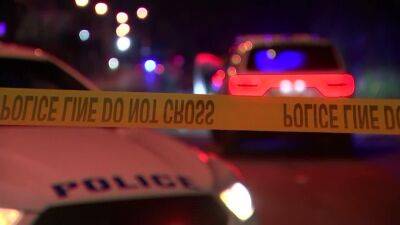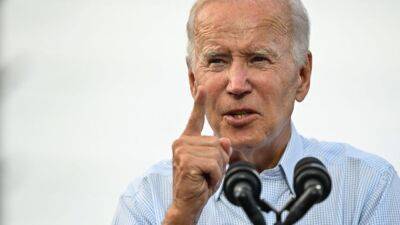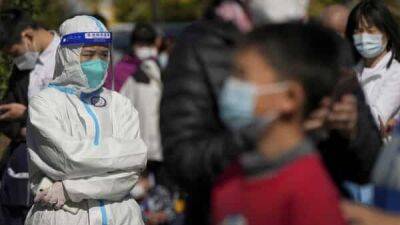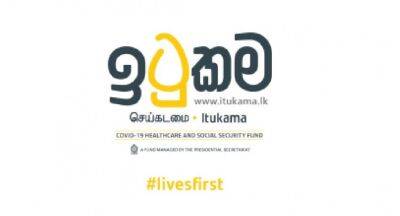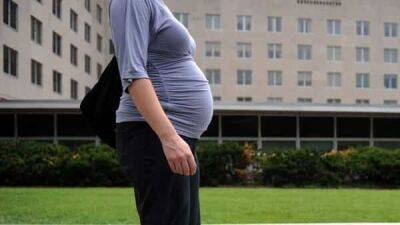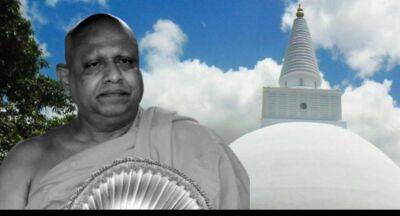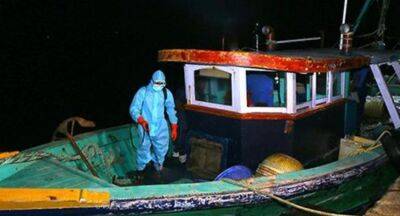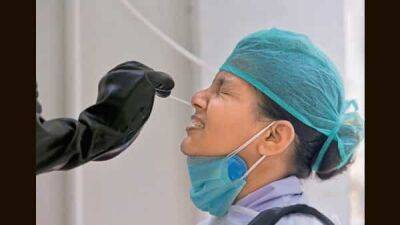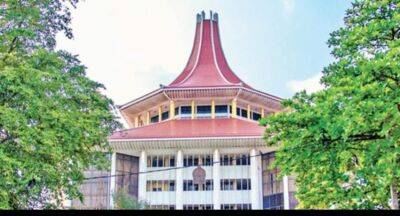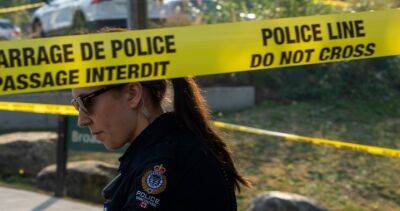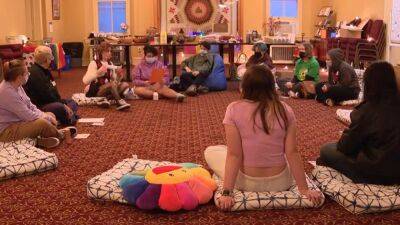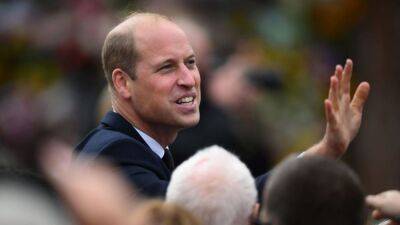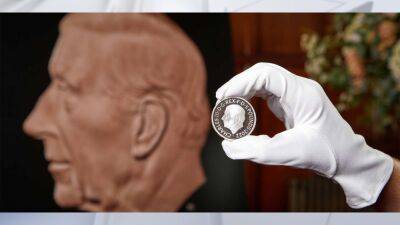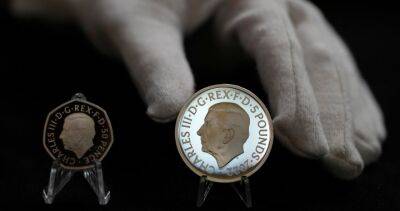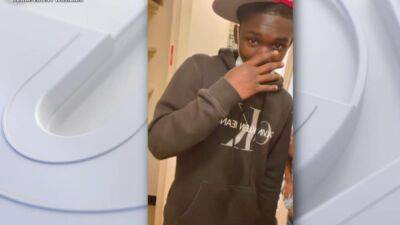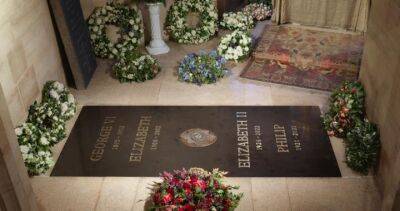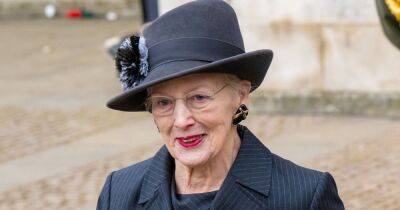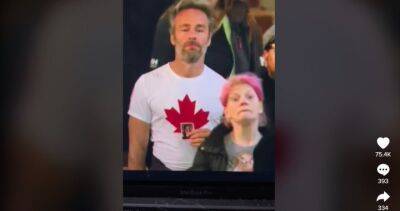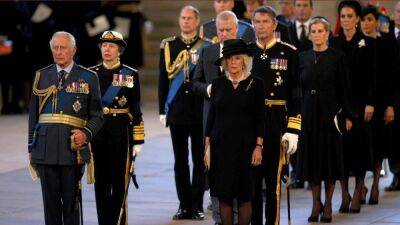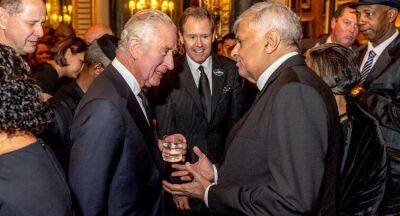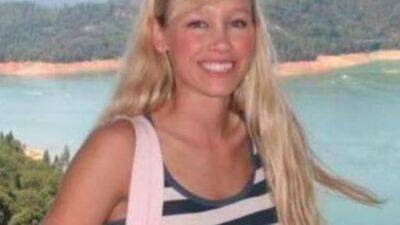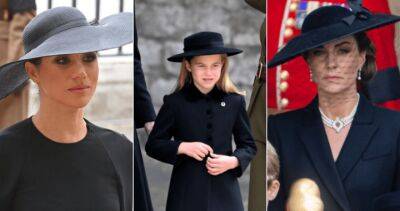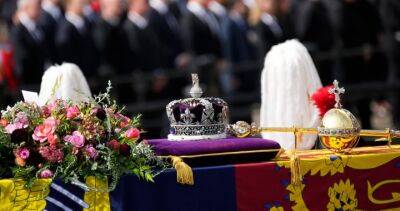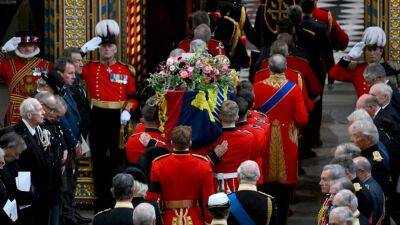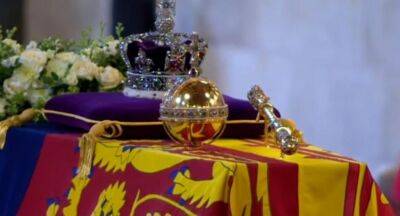Commonwealth realms mull ditching monarchy after queen’s death. Here’s what they’ve said
The passing of Queen Elizabeth II has put a renewed focus on the future of the Commonwealth, with some experts predicting more realms — particularly those in the Caribbean — will hasten to sever their ties with the monarchy.Although there are 56 members of the Commonwealth of Nations, only the United Kingdom and 14 other nations share the British monarch as their head of state, including Canada.
That number has been dwindling since the organization was first formed in 1926, and experts say it will continue to do so regardless of who sits on the throne.“I think (the queen’s death) may simplify the discussion, but it doesn’t change the fact that this has been an ongoing process of nations becoming more independent over time,” said Francine McKenzie, a professor of history at Western University in London, Ont.
Queen Elizabeth death: What will her passing mean for the future of Canada’s monarchy? Yet others say the ascension of King Charles III has lit a renewed fire for pro-republic movements in countries where the history of colonialism and slavery under British rule is still deeply felt.In the Caribbean, apathy and even hostility toward the monarchy was evident when Prince William and Princess Catherine embarked on a much-criticized royal tour in honour of the queen’s Platinum Jubilee in March.Protests greeted them along every stop as residents demanded an apology for the Crown’s role in slavery and colonialism.
William did not meet those demands, though he did express “sorrow” for that history during the trip.That tour came after Barbados became the most recent Commonwealth realm to officially become a republic, in a ceremony held last November that was attended by Charles himself.“I think that will start the domino.
